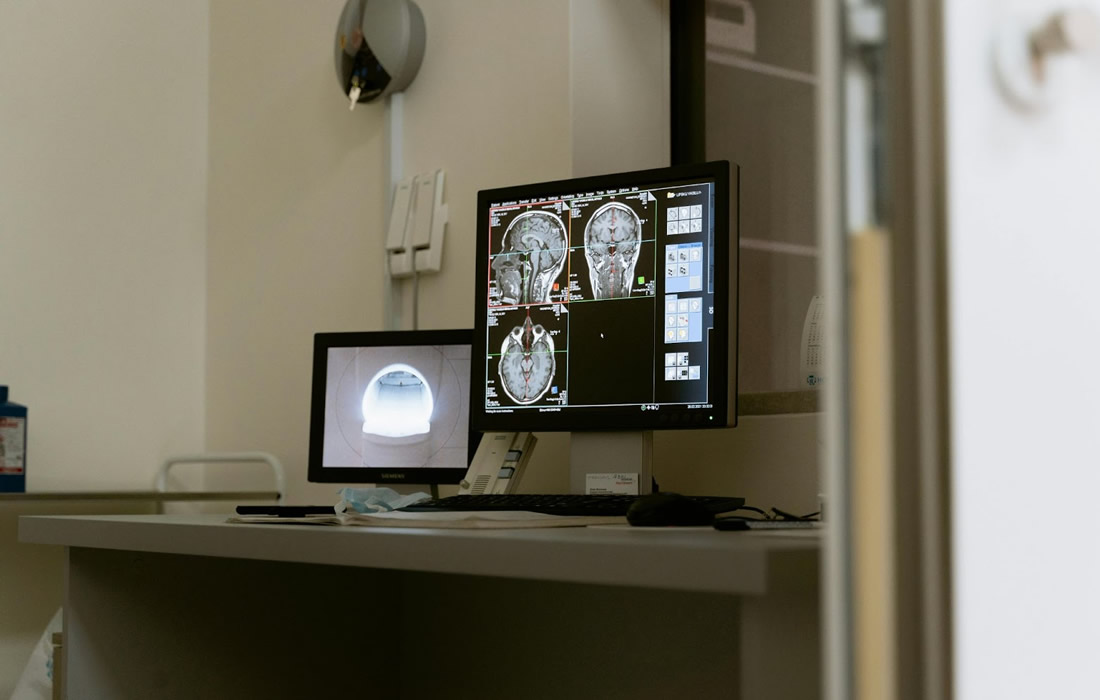Polycystic ovary syndrome is a hormonal disorder that is defined by irregular menstruation and elevated levels of a hormone called androgen. Other symptoms may include excess hair growth, acne, infertility and poor metabolic health. “Polycystic ovary syndrome is a common reproductive disorder that impacts up to 10% of women,” said study author Heather G. Huddleston, […]
Author Archives: Rocio Gallegos, MD
Cleveland Clinic researchers have identified a new pathway that contributes to cardiovascular disease associated with high levels of niacin, a common B vitamin previously recommended to lower cholesterol. Niacin (vitamin B-3) is very common in a Western diet. Yet one in four subjects in the researchers’ patient cohorts appear to be getting too much, and […]
“Breakfast is the most important meal of the day.” This is a well-worn platitude that has never had much basis in scientific evidence. But a new Danish study has explored how different types of breakfast affect satiety and concentration and it has added new fuel to the old cliché. The study followed 30 obese women […]
Scientists have engineered a living material resembling human phlegm, which will help them to better understand how a certain kind of infection develops on the lungs of patients with cystic fibrosis. Biofilms are strong living 3D materials that play key roles in nature, but also cause major problems in the real world, such as in […]
The causes of neurodegenerative diseases such as Alzheimer’s disease, Parkinson’s disease, frontotemporal dementia and prion diseases can be many and varied. But there is a common denominator, namely protein misfolding and the occurrence of protein deposits in the brain. Studies on genes associated with pathologies have revealed two basic mechanisms by which misfolded proteins can […]
Research has found that hormone levels are an important indicator of whether post-menopausal women who are most at risk of developing breast cancer will benefit from aromatase inhibitors such as anastrozole. This type of drug is recommended by the National Institute of Clinical Care and Excellence (NICE) as an option for preventive therapy in postmenopausal […]
The long-term immune response to SARS-CoV-2 mRNA vaccination was similar in pregnant individuals compared with non-pregnant individuals of reproductive age, according to a study by investigators at Weill Cornell Medicine and NewYork-Presbyterian. The similarity in protection is noteworthy, given that pregnancy alters the immune system, and potentially the response to vaccination. The researchers also found […]
In a new study Dr. Farrah Kheradmand and their team discovered that exposure to ultrafine particles alters the function of immune cells in the lungs, disabling their natural defense mechanism against tumors. They found that ultrafine particles change the cell’s primary energy source, creating new byproducts in the lungs. Accumulation of the new byproducts can […]
UZH researchers now show that a particular enzyme found in cells of the immune system enters the brain under stress. In mice, it causes them to withdraw and avoid social contact. This newly discovered connection between body and mind in stress-related mental illnesses could lead to new treatments for depression. An international research team has […]
Conditions such as lupus, rheumatoid arthritis and inflammatory bowel disease (IBD) — as well as failures within transplanted cells — are all caused by altered cytokine secretion of immune cells within the human body. To find treatments for such diseases, experts need to identify the genetic regulators of the secretion so they can explore the […]










